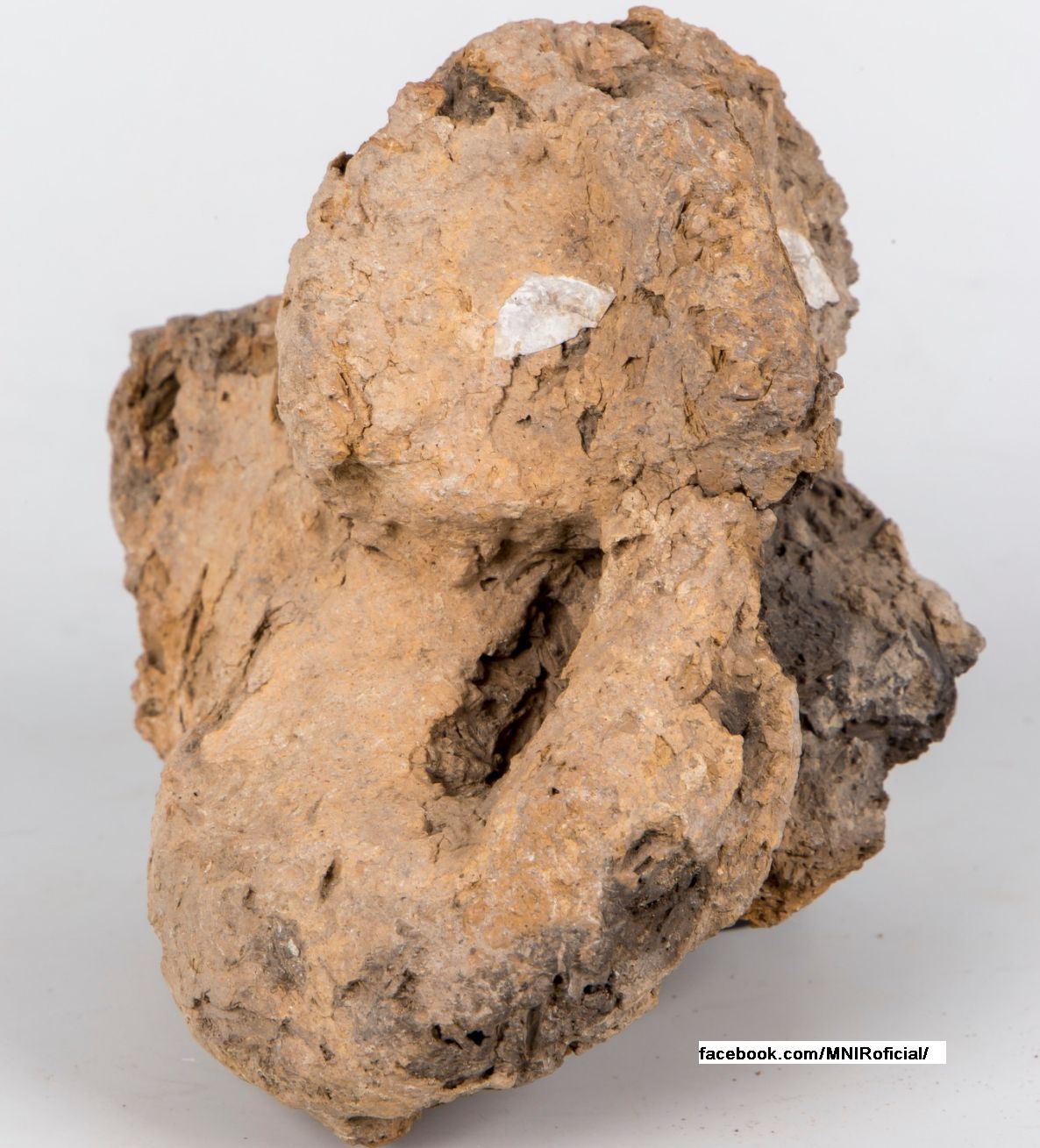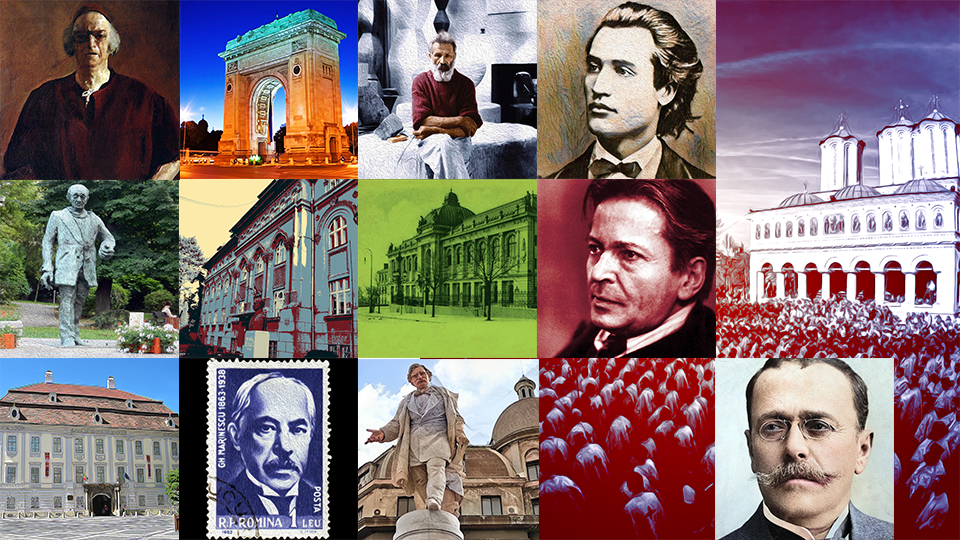“The Romanian Israeli”
A ground-breaking publication militating for the rights of the Jewish community in Romania

Steliu Lambru, 15.10.2022, 14:00
The History of Jews in the Romanian Principalities in the
19th century was marked by the fight for national and civil rights. The
new Romanian state that appeared in 1859 after the unification of Moldova and
Wallachia provided Romanian citizenship only to Christians, and that came with
any deriving rights and liberties. The 1866 Constitution enshrined this right
in the clearest way possible under Article 7: The Romanian citizenship is
earned and preserved and is lost according to the regulations stipulated by
civilian legislation. Only foreigners of Christian rite can obtain Romanian
citizenship. The law, however, stipulated a number of exceptions: those who
pledged allegiance to Romania could be rewarded with the Romanian citizenship.
Such was the case of many Jews who in the Romanian Independence War of 1877 -
1878.
The forefathers of the Jewish community in Romania came up
with strong arguments in favor of awarding Romanian citizenship to local
Jews, such as those who were born in Romania. One of the most illustrious of
them was doctor and scholar Iuliu Barasch. Born in 1815 in Brodî, in present-day western Ukraine, a province in the
Austrian Empire at the time, and passed away in Bucharest in 1863 aged 48,
Barsach was born Yehuda ben Mordechai. He arrived in Romania in 1843, when he
was 28, more specifically in Călărași, Wallachia, a city on
the Danube River 120 kilometers southwest of Bucharest. In 1851 he moved to the
capital of Wallachia where we worked as a doctor. He set up public health
institutions such as quarantines, hospitals and clinics. He took his medical
Ph.D. in 1841, and taught medicine in high-schools and special military,
pharmaceutical and agricultural school. He took an active involvement in every
aspect of the life of the Jewish community, like all intellectuals of his time.
He was a great patron of science, evidence of which can be found in his works.
Barasch was also an important advocate of the modernization of Jewish culture.
Apart from science articles, his works also include volumes devoted to
medicine, history, philosophy and hygiene.
Barasch though it normal to take an active stance in the
local Jewish media, as well as in the specialized scholarly literature. For
someone as vocal and militant of Jewish rights as himself, the appearance of
the first Jewish publication in the Romanian language was not out of the
ordinary. Iuliu Barasch and the Jewish-born French journalist Armand Lévy,
jointly with Aaron Ascher and Isaac Leib Weinberg, helped bring out The
Romanian Israeli, which consisted only of a few issues due to underfunding.
Historian Lya Benjamin, who specializes in the history of Jews, is the author
of a study about the Romanian Israeli where she highlighted some of the ideas
of the time.
It’s interesting because it addresses both Jews and
Romanians. At the same time it was a platform for advocating the rights of
Jews. Jews in Romania did not have the Romanian citizenship, and the first who
militated for that was Iuliu Barasch. He also made use of this newspaper to
increase his reach. He submitted the first official memorandums to the ruler of
the Wallachia, Barbu Știrbey,
in 1856, when a foreign delegation of the Great Powers arrived in the Romanian
Principalities to prepare the 1858 Conference in Paris. The union of the
Romanian Principalities was expected to be raised. Barasch wanted to use the
presence of foreign delegates to militate for Jewish rights and submit his
memorandum to the ruler. These formal requests were first published in the
Romanian Israeli.
What is remarkable about both Barasch as well as all the
other Jews who militated for the political and civil emancipation of Jews was
the fact they were attuned to the mentalities surrounding them. The strongest
idea revolved around the union of the Romanian Principalities, the first
Romantic project of the Romanian national state. Local Jews fully supported the
unification, and Barasch spearheaded their efforts. Underlying the nationwide
mobilization was the appeal to history, and the Jews had their own
contribution, historian Lya Benjamin explains.
There was a variety of topics. For instance, the
publication included articles about history, the history of Romania, about the
shared history of Romanians and Jews, which showed how far back the Jews are
documented in Romania. At the same time, it showed aspects of Romania’s history
so that Jews should get acquainted with the milestones of Romanian history.
Such is the case of a series about the rule of Michael the Brave. Apart from
that, there are, of course, articles about what the Jews stood for, about their
tradition and the specificity of Judaism, so that Romanian readers can get to
know the history and culture of Jews. At the same time, there were articles
that expressed the endorsement of Jews for the union of the Principalities and
their respect for Romanians. Additionally, Jews also commanded respect from
Romanians and expressed their devotion towards Romanians and Romania.
The first series of the Romanian Israeli appeared over
March-September, 1857. Although short-lived, the publication was not forgotten.
11 years later the second series hit the press. In 1868, after a time of deep
institutional and societal transformations in Romania, the Romanian Israeli
was republished in a changed world. (VP)





























